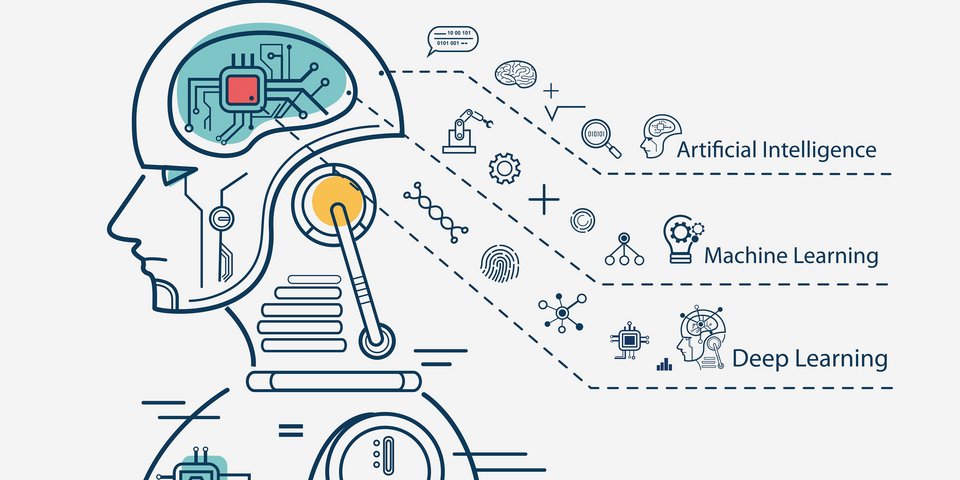 AdobeStock / Buffaloboy
AdobeStock / BuffaloboyAI - safe and trustworthy as desired
European Parliament works on a legal framework and sets up special committees.
SW – 06/2020
In April 2020, the Legal Affairs Committee
of the European Parliament presented a draft report on a legal framework for the ethical aspects
of artificial intelligence (AI), robotics and related technologies. The report
contains recommendations to the European Commission and a draft proposal for a
regulation on ethical principles governing the development, deployment and use
of artificial intelligence, robotics and related technologies. The aim is to
build trust in the technologies.
Once again, MEPs propose the creation of an
artificial intelligence agency. The European Parliament had called for this in
its resolution on civil regulations in the field of robotics
dated 16 February 2017. A European artificial intelligence agency could develop
common criteria and an application procedure for a European certificate of
compliance with ethical principles.
The report also addresses the social
responsibility of artificial intelligence. Socially responsible artificial
intelligence, robotics and related technologies are designed to protect and
promote fundamental values of our society, including health and economic
prosperity, equal opportunities and workers' and social rights.
The social aspects of artificial
intelligence, and in particular its impact on the working environment, are also
addressed in the draft proposals of the Advisory Committee on Employment and
Social Affairs (only available in English). The Committee points out the
potential of artificial intelligence to help improve working conditions and
quality of life. At the same time, the Committee warns of the risks of
disproportionate and illegal surveillance of workers and discriminatory
treatment, based on 'biased algorithms'.
As a matter of course, the Committee calls
for a legal framework for the ethical aspects of AI applications in the
workplace, particularly with regard to workers' rights and working conditions.
It is necessary to assess the impact of AI applications in enterprises and
public administrations in terms of employees, workplaces and workflows. Prior
to application of artificial intelligence, workers and their representatives
must be given sufficient information and being consulted.
The draft is expected to be discussed in a
plenary session in October 2020. The European Parliament is also working on a report on civil liability in the use of artificial
intelligence and on a report on intellectual property rights in the development
of AI technologies.
AI Special Committee
In future, an AI Special Committee will
advise the standing committees. This was decided by the European Parliament in
its session on 18 June 2020 . The Special Committee should
address the implications of AI and develop medium and long-term common EU
objectives and the most significant steps for their implementation.
The Special Committee was initially
established for a period of 12 months, but this period may be extended.
Global partnership on artificial intelligence
On 15 June 2020, 14 countries, including Germany, and the European Commission joined forces in the
"Global Partnership on Artificial Intelligence" (GPAI) to pool their
expertise in the field of artificial intelligence. The purpose of this body is
to bring together leading experts to collect and assess the latest
technological developments and, on this basis, advise the governments of the
Member States.
Coordination within the partnership is
carried out by the Office of the Organisation for Economic Cooperation and
Development (OECD). A total of four working groups will deal with the topics of
"Responsible AI", "Handling of Data", "Future of
Work" and "Innovation and Commercialisation". The working groups
will be constituted in July 2020 and will initially deal with the question of
how AI applications can help in research and in tracing infection chains during
the corona pandemic.
